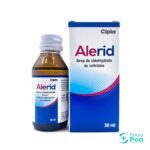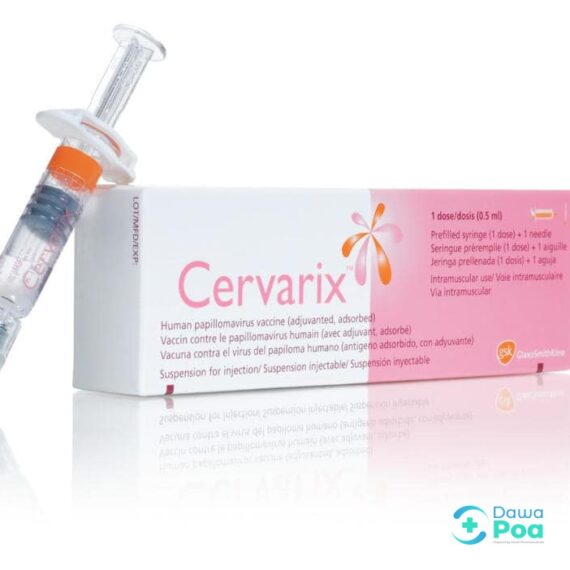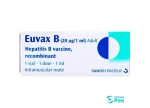Cervarix Hapv 16 And 18 Vaccine
KSh 5,999.00
Cervarix is an HPV vaccine aimed at stopping cervical cancer and other HPV-related illnesses. It specifically targets HPV types 16 and 18, which account for nearly 70% of cervical cancer cases worldwide. Active Substances: HPV-16 L1 protein: 20 micrograms and HPV-18 L1 protein: 20 micrograms
Vaccine
Suggested Use
Cervarix is indicated for:
- Prevention of cervical cancer and precancerous lesions (cervical intraepithelial neoplasia, CIN) caused by HPV types 16 and 18.
- Use in females aged 10 to 45 years
Dosage:
The recommended vaccination schedule consists of three intramuscular doses:
- First dose: At a chosen date.
- Second dose: One month after the first dose.
- Third dose: Six months after the first dose.
Warning
- Cervarix does not provide complete protection against all HPV types or against diseases caused by other sexually transmitted infections.
- It should not be administered to individuals with a known hypersensitivity to any components of the vaccine.
- The vaccine is not intended for treatment of existing HPV infections or related diseases.
- As with any vaccine, there may be side effects, including pain at the injection site, fever, fatigue, and headache. Serious allergic reactions are rare but possible.
- Cervarix has been shown to be highly effective in generating an immune response and protecting against HPV-related diseases when administered before exposure to the virus.


















